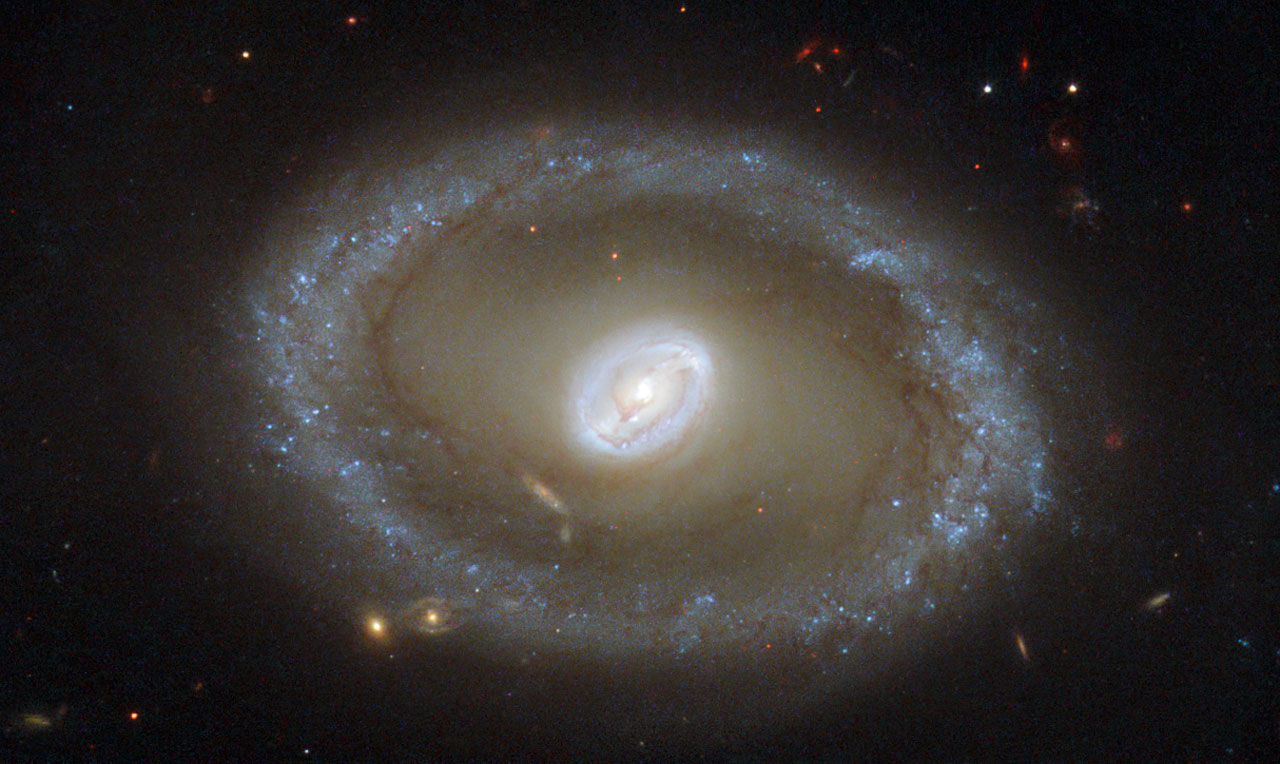Physicists offer new 'accordion' theory on the expansion of the universe
May 15, 2017

May 15, 2017

UBC physicists may have solved one of nature’s great puzzles: what causes the accelerating expansion of our universe?
UBC researchers Qingdi Wang and Bill Unruh tackle the question in a new study that tries to resolve a major incompatibility between quantum mechanics and Einstein’s theory of general relativity.
Wang’s calculations provide a completely new physical picture of the universe, one in which the space we live in is fluctuating wildly. At each point, it oscillates between expansion and contraction. As it swings back and forth, the two almost cancel each other but a very small net effect drives the universe to expand slowly at an accelerating rate.
“Space-time is not as static as it appears, it’s constantly moving,” said Wang.
The study suggests that if we zoomed in--way in--on the universe, we would realize it’s made up of constantly fluctuating space and time.
“This is a new idea in a field where there hasn’t been a lot of new ideas,” says Unruh, a physics and astronomy professor who supervised Wang’s work.
In 1998, astronomers found that our universe is expanding at an ever-increasing rate, implying that space is not empty and is instead filled with dark energy that pushes matter away.
The most natural candidate for dark energy is vacuum energy. When physicists apply the theory of quantum mechanics to vacuum energy, it predicts that there would be an incredibly large density of vacuum energy, far more than the total energy of all the particles in the universe. If this is true, Einstein’s theory of general relativity suggests that the energy would have a strong gravitational effect and most physicists think this would cause the universe to explode.
Fortunately, this doesn’t happen and the universe expands very slowly. But it is a problem that must be resolved for fundamental physics to progress.
But if space and time are fluctuating, why can’t we feel it?
“This happens at very tiny scales, billions and billions times smaller even than an electron,” said Wang.
“It’s similar to the waves we see on the ocean,” said Unruh. “They are not affected by the intense dance of the individual atoms that make up the water on which those waves ride.”
We honour xwməθkwəy̓ əm (Musqueam) on whose ancestral, unceded territory UBC Vancouver is situated. UBC Science is committed to building meaningful relationships with Indigenous peoples so we can advance Reconciliation and ensure traditional ways of knowing enrich our teaching and research.
Learn more: Musqueam First Nation